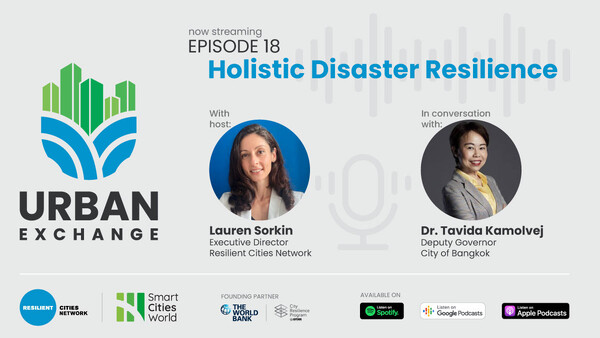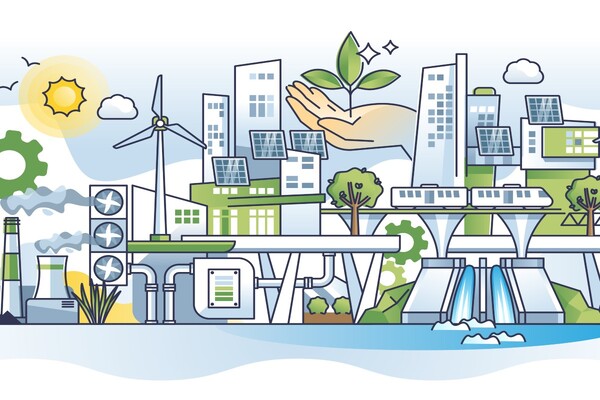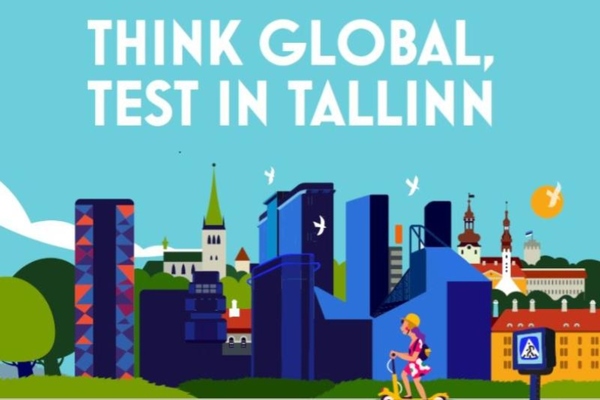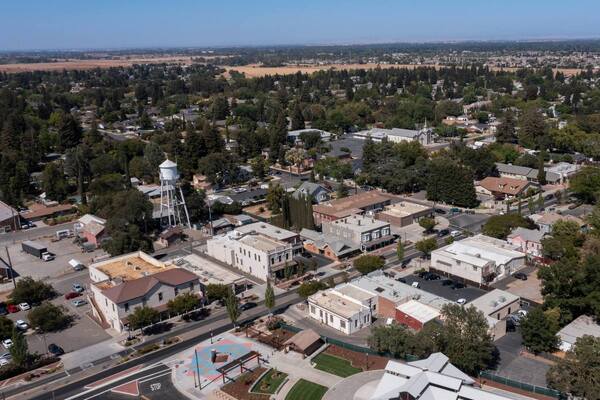Special Reports
SusHi Tech Tokyo 2024: experience ‘Tokyo 2050’ todaySponsored by The SusHi Tech Tokyo 2024 Showcase Program Executive Committee
How digitalisation is enabling a smarter and safer oil and gas camp management
Li Yangming, Chief Representative, Oil & Gas Industry of Global Energy Business Unit, Huawei EBG, explains how new digital technologies are boosting efficiency, safety and productivity in oil and gas camps.
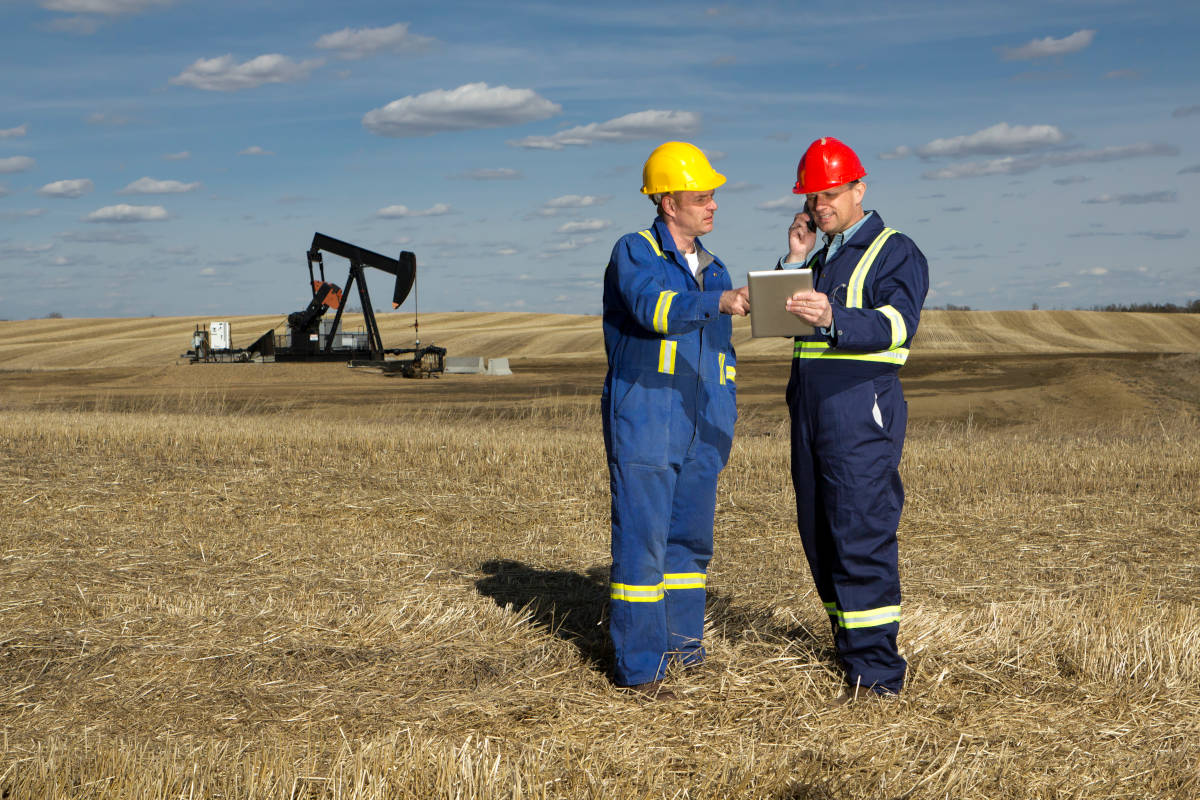
Oil and gas camps in the Middle East are undoubtedly a challenging working environment. These locations have huge footprints with large workforces that work on numerous devices, dealing with long processes and massive reserves. The combustible and explosive nature of oil and gas means that these are inevitably high-risk areas.
Mis-use of oil and gas camp equipment can easily lead to accidents, production faults or a breakdown of supply. Not only does this bring immediate danger, it can also result in economic losses to large enterprises as well as damage to the surrounding environment. While routine inspection can mitigate some risk it cannot pinpoint every potential danger. And with legacy equipment in use, possible safety issues cannot be predicted in advance. When combined, all of these factors can pose potential safety risks to the operation of oil and gas camps.
The answer lies in digital transformation. This can help to boost safety at oil and gas fields, while also reducing costs and improving efficiency. The use of reliable production networks and data ensure that the operations are secure, while technologies such as voice and video interaction between the site and the dispatching centre makes daily processes more efficient. A digital approach also enables resources to be used more efficiently.
We are now entering a new era where digital transformation is already driving the evolution of smarter and safer oil and gas camp management. For example, vehicle patrols can be improved using HD video. On many sites, patrol personnel have to be authorised and managed manually while access permits for guest vehicles rely on manual document verification. Patrol video cannot be relayed to the control centre in real time, and patrol reports must be completed manually which is not only time consuming but may result in a lack of detail in safety records.
Switching to a digital solution means that patrol personnel can be authorised online, and live HD patrol video can be streamed to the control centre in real time. What’s more, multiple channels of vehicle-mounted HD videos can be aggregated and backhauled while vehicle recognition capability is also improved. External vehicles can be recognised during patrols and alarms sent to the control centre in real time. This all helps to boost the efficiency of oil and gas station patrols.
Taking a digital approach can also boost safety by improving the efficiency of onsite inspections using 5G-connected digital helmets. On sites that rely on older hardware, manual inspections are paper-based and labour intensive. This means that inspections cannot be guided remotely, and that troubleshooting must take place on site, leading to costly delays in problem solving. Not only are the paper documents involved prone to moisture and damage, they are also difficult to read while wearing gloves and they cannot necessarily be obtained instantly.
In contrast, digital devices and intelligent software enables remote experts to solve onsite problems online using real-time voice and video interaction over a 5G network. Inspection personnel can use digital helmets to deliver voice instructions for hands-free operation, enabling them to work more safely, securely and efficiently. More specifically, this means on-site technicians can check product manual, repair record, or other technical documents via voice.
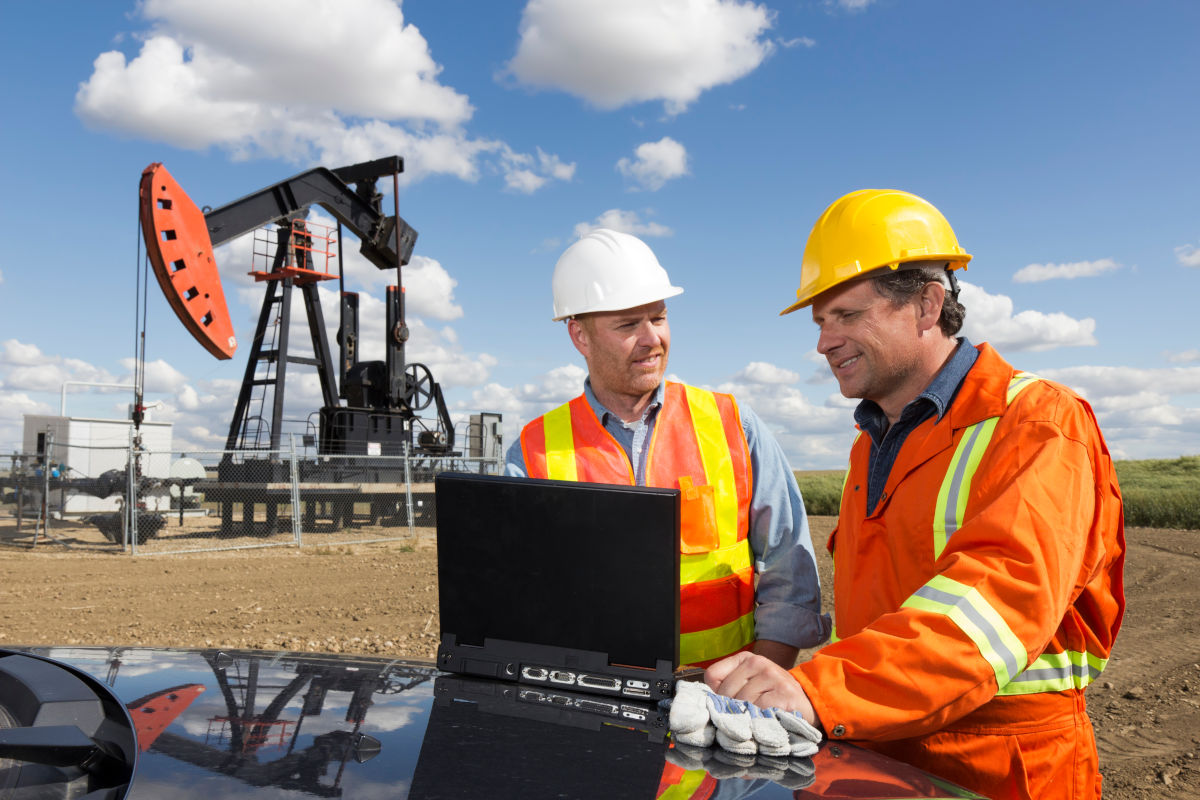
Camp management is key to the process of oil and gas production. The combination of IoT and 5G leads to a “1+1 >2” result in production. So far, Huawei has integrated smart O&M, security management, and access control functions into the daily operations of oil and gas camps, while more intelligent features can be realised through our solution, which makes remote collaboration, drone Inspection, and HSE surveillance possible. These implementations are showing how technology makes the operation of oil and gas camps more efficient, more convenient, and safer.
Huawei is leading the way in this new era of intelligent oil and gas camp management, providing the technical backbone on which these new smart services run. Our FusionCube hyper-converged infrastructure solves the existing problem of complex platform management, which usually involves hardware from numerous vendors. When devices are maintained by different services providers, it makes troubleshooting much slower. This makes overall management of systems complex and costly.
FusionCube offers converged infrastructure that supports the same platform, converges and simplifies computing, storage, and network, and also provides an open and scalable system. As well as making Operations & Management (O&M) simpler, this means faster deployment and easier maintenance.
Huawei’s ATLAS 500 edge computing station is ideal for the harsh environments where oil and gas stations are located. Featuring heat resistance for extreme hot and cold conditions, the ATLAS 500 also has built-in shock resistance to combat the vibration experienced by vehicle-mounted inspection devices. These features make the hardware extremely reliable. Video from up to 20 HD cameras can be processed simultaneously, guaranteeing that important messages can be retrieved in the shortest possible time.
Huawei is committed to shaping the digital evolution of the oil and gas industry. We recognise the importance of intelligent applications based on technologies such as AI, AR, VR, 5G and we are providing the infrastructure that enables our partners to make use of these innovations to optimise their processes in a way that is secure, reliable and safe.
These technologies bring a number of benefits to daily operations. 5G offers high bandwidth with low latency to allow for continuously connected operations while network slicing enables service isolation to ensure security. What’s more, 5G’s low power consumption extends the battery life of IoT sensors.
AI can be used to optimise processes and manage complex operations. It can also be used to interpret geological data to make oil drilling more efficient. AR and VR can be used to simulate oil and gas operations, not only to create a digital twin for inspections but also to assist field operators to train for their daily tasks and emergency situations.
Huawei has invested a total of $4 billion researching 5G technology since 2009, submitting 26,600 standards contributions to the 3GPP. Currently, we have more than 10,000 people working on 5G networks. According to the European Telecommunications Standards Institute (ETSI), Huawei owns 4,348 families of 5G essential patents, accounting for over 20 per cent of the total, which places Huawei first among all vendors in terms of 5G patents. Each new generation of mobile communication technologies has clearly defined boundaries – the next 10 years will be the decade of 5G.
We already work with 85 per cent of the world’s top 20 oil and gas companies across 45 countries and regions with our long list of valued partners including ADNOC, Saudi Aramco, and Total. And on January 2021, we committed to a joint study with Saudi Aramco and STC to investigate the applications of 5G across the industry. This follows the joint innovation centre that we inaugurated in 2015 in Saudi Arabia in collaboration with Saudi Aramco.
Together with our industry partners, we are driving the evolution of the oil and gas industry 4.0 using smart technology. By taking a digital approach to daily operations, not only can we enhance security and safety, we can also increase productivity, lower costs and enable our partners to work in a more efficient way.
Huawei invites you to its seventh Huawei Global Oil & Gas Summit on 14 November 2021. The summit gathers global customers, partners, media outlets and analysts to discuss the theme “Drive Data to Barrel, Embrace Intelligence to Grow”, diving into how digital transformation can promotes high-quality development of the Oil and Gas Industry and achieve sustainable development.
For more information, take a look at the summit website.







